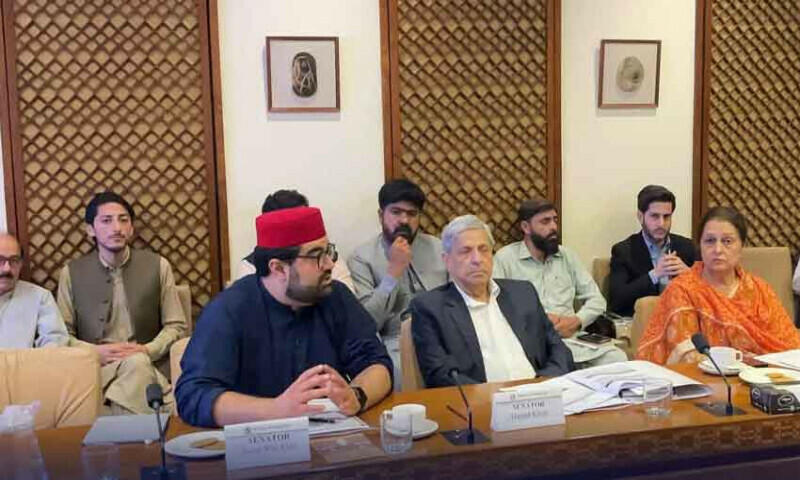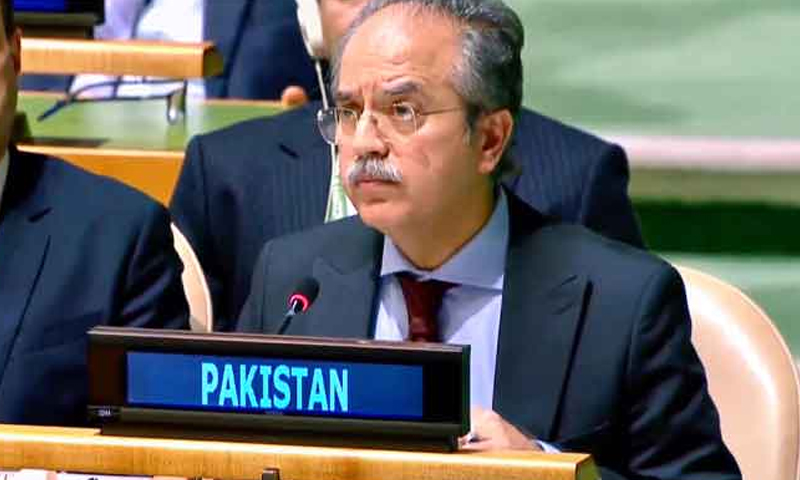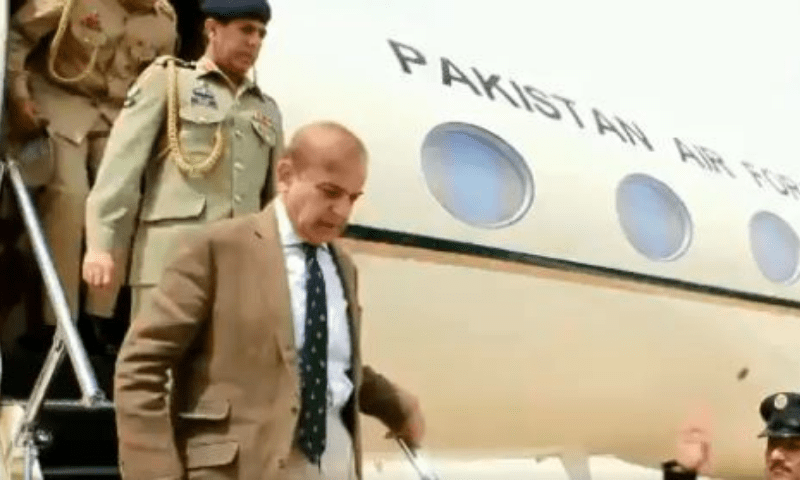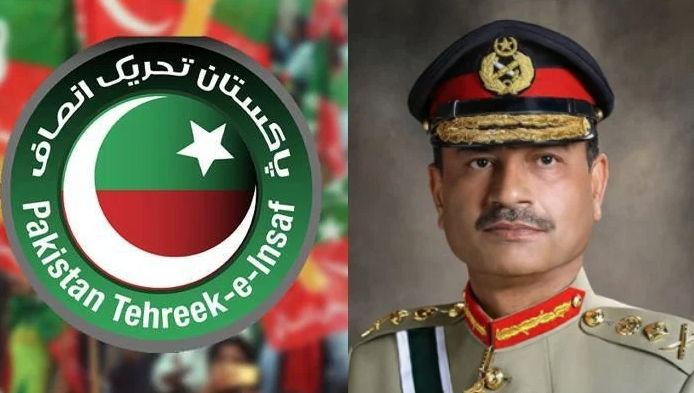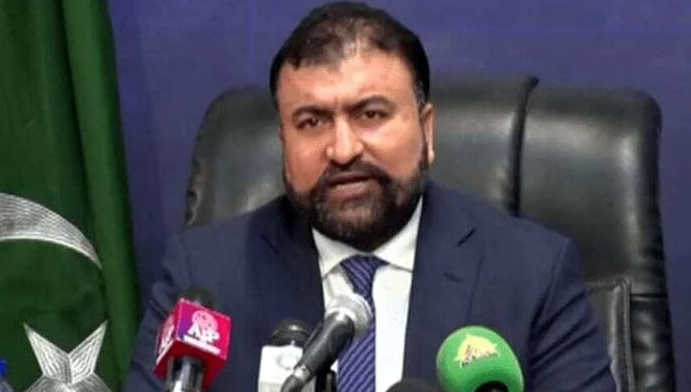POLITICS & POLICY MAKING
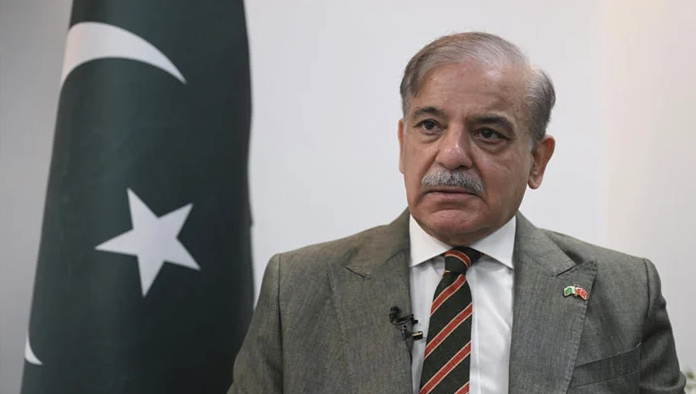
Prime Minister Shehbaz Sharif has reaffirmed that any future dialogue between Pakistan and India must include four critical issues: Kashmir, water, trade, and terrorism. Speaking on the prospects of bilateral talks, the premier stressed that war is never a permanent solution, and lasting peace is essential for regional stability.
“If there are talks with India, they will be based on four important points — Kashmir, water, trade and terrorism,” said PM Shehbaz. “Without addressing these issues, there can be no meaningful peace.”
The Prime Minister also revealed that national security advisors from both nations would lead any potential discussions on terrorism. However, he added that India has refused to participate in negotiations in a third country, a condition Pakistan finds preferable to ensure neutrality.
"War is not a permanent solution"
PM Shehbaz underscored the futility of war, emphasizing that “if someone wins a war, someone also loses — but in the long run, war solves nothing.” He called for a diplomatic and sustained approach to long-standing conflicts in South Asia.
"Israel supported India in conflict"
Shehbaz Sharif further accused Israel of supporting India during military escalations, claiming that Israeli weapons were used by Indian forces in Srinagar and other areas. This statement highlights growing concerns over the deepening strategic ties between India and Israel, particularly in matters concerning Kashmir.
Field Marshal Munir Appointment
The Prime Minister also confirmed that the historic decision to promote General Asim Munir to the rank of Co-Field Marshal was made by him. “I made the decision, but I always consult with Nawaz Sharif before finalising such critical matters,” he added.
This confirmation puts to rest speculation surrounding the military leadership's elevation and underlines the ruling coalition’s coordinated civil-military decision-making.
India-Pakistan Dialogue Remains Stalled
Despite Pakistan's repeated calls for comprehensive dialogue, India continues to maintain a hardened stance, particularly in the wake of rising cross-border tensions and the political climate in Kashmir.
Efforts to initiate third-party-mediated discussions have so far been rebuffed by New Delhi, which insists on bilateral frameworks — a position Pakistan sees as ineffective given the regional dynamics.
As regional peace remains elusive, PM Shehbaz’s emphasis on structured dialogue and core issues signals Pakistan's intent to pursue diplomatic channels — but not at the cost of key national interests.
